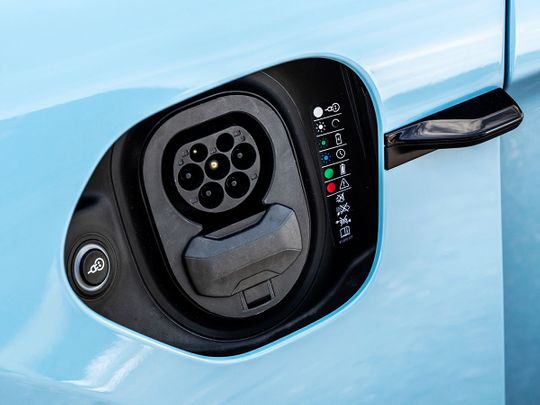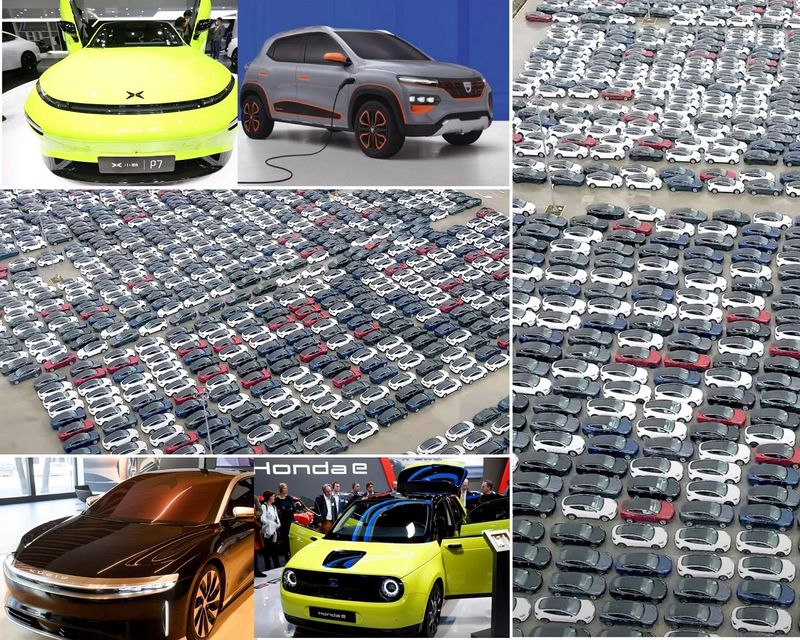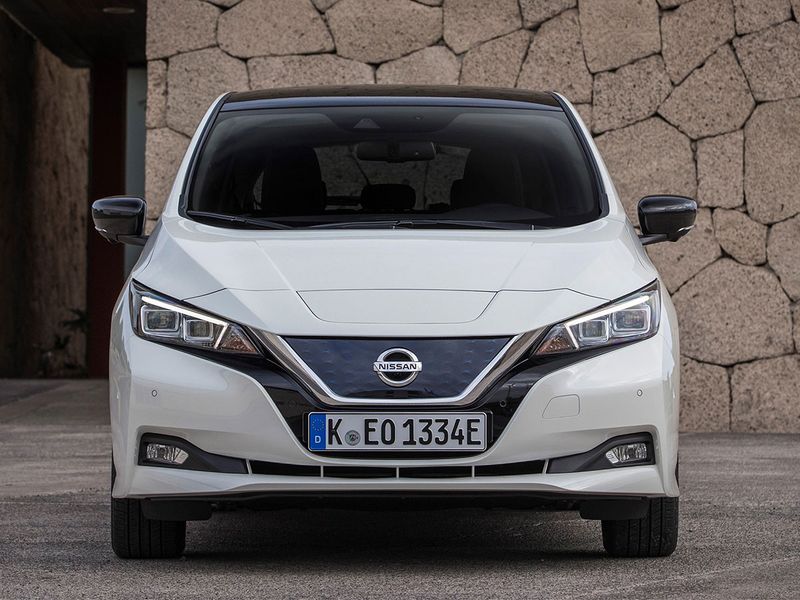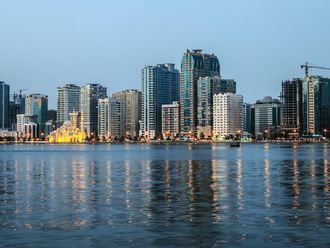
Manila: Five major cities in the Philippines will spearhead the electric vehicle (EV) and charging infrastructure deployment under a partnership between the Department of Trade and Industry (DTI) and the United Nations Industrial Development Organisation (Unido), it was announced Friday.
The five cities are:
- Baguio City
- Davao City
- General Santos
- Clark Freeport
- Subic Freeport
The initiative forms part of a $3.8-million DTI-Unido E-mobility Project, which runs from 2022 to 2027, which seeks to push the adoption of renewable transport in the Asian country. The announcement was made by DTI Undersecretary Rafaelita Aldaba at a forum in Makati City Friday.
Playing catch-up
“We’re really serious in terms of building the EV industry in the country. We're lagging behind. We lag behind in terms of the ICE (internal combustion engine). But this time around, we really want this right,” Aldaba was quoted by the Philippine News Agency as saying.
Cooperation
Cooperation from city or local government units (LGU) would give the EV adoption programme an extra push.
“The mayors of these different cities have already signified their commitment to be our partners in implementing this particular project,” Aldaba said.
The DTI-Unido will also provide technical assistance to both national and local government units to create the necessary e-vehicle policy environment and ecosystem for them.

EVIDA
Following the passage by Philippine Congress of the "game-changing" Electric Vehicle Industry Development Act (EVIDA), which became a law in April 2022, the country could see a massive EV industry expansion.
The law provides numerous incentives for the industry, and requires government buildings, private buildings and mall operators to have charging points. It also encourages the nearly 5,000 petrol pumps across the country to have charging stations.
With the law’s passage, the country is also expected to jumpstart local manufacturing of e-vehicles and components, production of EV batteries, charging stations, and overall usage.
Under EVIDA, the DTI is leading the crafting of the Electric Vehicle Incentive Strategy (EVIS).
The Philippines is one of the world’s biggest supplier of nickel, a key component of next-generation EV batteries.
Local sourcing
The strategy would reflect the 7-year-old Comprehensive Automotive Resurgence Strategy (CARS) Program (2015 to 2022) which provides fiscal incentives to car manufacturers that commit to sell at least 200,000 units of automotive vehicles, of which majority of the components are sourced locally.
CARS’ subsidy programme worth over $570 million is aimed to boost vehicle assembly and parts production in the country to generate jobs, draw investments, scale up domestic market, and drive the Philippines into a regional auto manufacturing hub.
Automakers
Japanese carmakers Toyota and Mitsubishi have applied for the tax perks under the CARS Program, as they committed to locally assemble 200,000 and 230,000 units, respectively. Automakers had invested Php9.26 billion under the Under the CARS Program.
Pricey
The Asian country seeks to reduce its fossil fuel dependence and embrace renewables.
EVs are still prohibitively priced in the Philippines, sometimes double their US retail price. Example: Nissan Leaf, a plug-in electric vehicle (EV), still costs about today Php3 million pesos ($56,000, about Dh210,000) in the Philippines.
The same model costs just $27,400 (for the base S trim) to $31,800 in the US. Second-hand or brand-new Teslas are only available, at between Php8 to Php10 million ($189,119), and only in the grey market.
Regional EV competition
In the Asean, the regional EV competition is hotting up. It’s being waged on three fronts — legislative, regulatory and industrial (though the country is a leading producer of nickel, a key component in the manufacture of EV batteries).
Indonesia, the world’s top nickel producer, is reportedly hosting a Tesla battery factory and car-making facility at Central Java Industrial complex.
Vietnam is the most advanced, with its own EV brand now in the form of VinFast. In Malaysia, buyers are spoilt for choice as multiple EV brands — Porsche, BMW, Hyundai, Volvo, Mercedes-Benz, Tesla, MG and Audi — are now available in the market. Kuala Lumpur has also taken a pro-active stance to encourage EV use — providing an exemption on import duty and more.

The are at least six incentives under EVIDA.
Among others, it provides for the following:
- Excise tax exemptions for EVs
- Priority registration and renewal for EVs
- Road congestion tax exemptions
- Mandatory installation of charge points in new buildings
- encourages EV charging points at fuel pumps.
Passage of the law is one of the last acts of the Duterte government (whose term ends on June 30).
EV industry supporters say the country could finally play catch-up with neighbours.
> EVIDA was published in the online Official Gazette on April 16, 2022.
> Incentives have been thrown in to help investors and buyers.
> Industry groups have proposed scrapping of the 30% most favoured nation (MFN) tariff on completely built-up EVs.
> In practice, scrapping the MFN tariff status on completely built-up EVs would drop the 30% import taxes on EVs, in line with the trend in most Asean countries, and the rest of the world.
Under the law, a 30% discount for motor vehicle users charge (MVUC) will be given for full EVs; and 15% off for hybrids.
EVs will be issued a special type of license plate under the EV Industry Development Act. Though details on this bit are scant, this could boost EV usage.
EVIDA was one of the last legislations made under the Duterte administration. As the law kicks in, both public and private establishments are mandated to dedicate a portion of available parking spaces for EV use. In a building — or mall — with 20 parking slots, the law mandates at least 5% (1) must be set aside for EVs.
Moreover, EVs will be entitled to tax incentives — under the Tax Reform for Acceleration and Inclusion (TRAIN) law. This means hybrids get 50% off applicable excise taxes, while full battery EVs get a 100% excise tax exemptions.
The Electric Vehicle Association of the Philippines (EVAP) had asked the government to exclude hybrid EVs (HEV) — and limit the zero tariff privilege to full EVs and plug-in hybrid electric vehicles (PHEVs) only.
A key decision is now awaited under the watch of President Ferdinand “Bongbong” Marcos Jr, who will decide on zero-import tariff privileges. Marcos Jr is known as a key advocate pushing for renewables.



